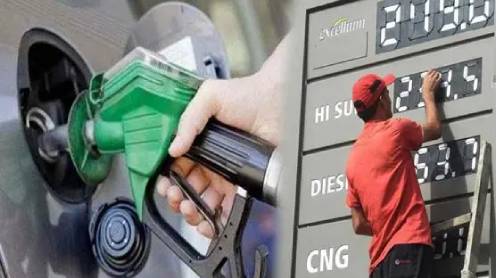KARACHI: Pakistan plans to ask China for relief on payments for power projects Beijing financed over the past eight years, the latest developing nation that’s struggling to repay debt under President Xi Jinping’s Belt and Road Initiative, Bloomberg reported on Tuesday.
In informal talks, Pakistan and China have discussed easing terms on the repayment of debt on about a dozen power plants, according to a person with knowledge of the matter, who said Islamabad hasn’t made a formal request yet. The parties have canvassed Beijing’s willingness to stagger debt payments, as opposed to lowering equity returns, the person said, requesting anonymity as the plan is private.
An enormous build-out of Chinese-financed power plants in Pakistan, which was originally intended to solve its electricity shortages, has resulted in a surplus that Islamabad isn’t able to afford. Infrastructure projects funded by China’s initiative in other developing nations, such as Sri Lanka and Malaysia, have suffered issues ranging from heavy debt loads to corruption.
A spokesperson at China’s Ministry of Foreign Affairs said they aren’t aware of Pakistan’s plan to seek debt relief.
“Energy projects have provided Pakistan with a large amount of stable and low-priced electricity, effectively reducing the overall price of electricity in Pakistan,” the spokesperson said in a written response. “China-Pakistan energy cooperation has progressed smoothly and brought about real economic and social benefits.”
Pakistan’s power division didn’t respond to a request seeking comment.
China has previously denied U.S. criticism that the initiative leads to debt traps, while acknowledging that countries have had difficulties repaying loans due to the pandemic-induced global recession. Last year, Beijing canceled interest-free loans to 15 African countries due to mature by the end of 2020, and it has delayed other payments.
China’s Belt and Road financing in Pakistan has focused on power sector.
The Belt and Road program had found new life in Pakistan last year with the signing of $11 billion worth of projects, most of which went to revamping the nation’s railway system.
While Chinese financing has helped Pakistan diversify fuel supplies, it has also resulted in a surplus of electricity, which is problematic for the government in Islamabad because it is the sole buyer and pays producers even when they don’t generate. To help tackle the issue, the government has negotiated with power plants, which produce roughly half of its electricity, to lower rates.
Pakistan will formally make the request to defer debt payments to China, as well as other plants that were part of the latest power policy, after it concludes deals with those local power producers to reduce electricity tariffs, said the person with knowledge of the matter. Debt relief from China will also help the government reduce power payments.





